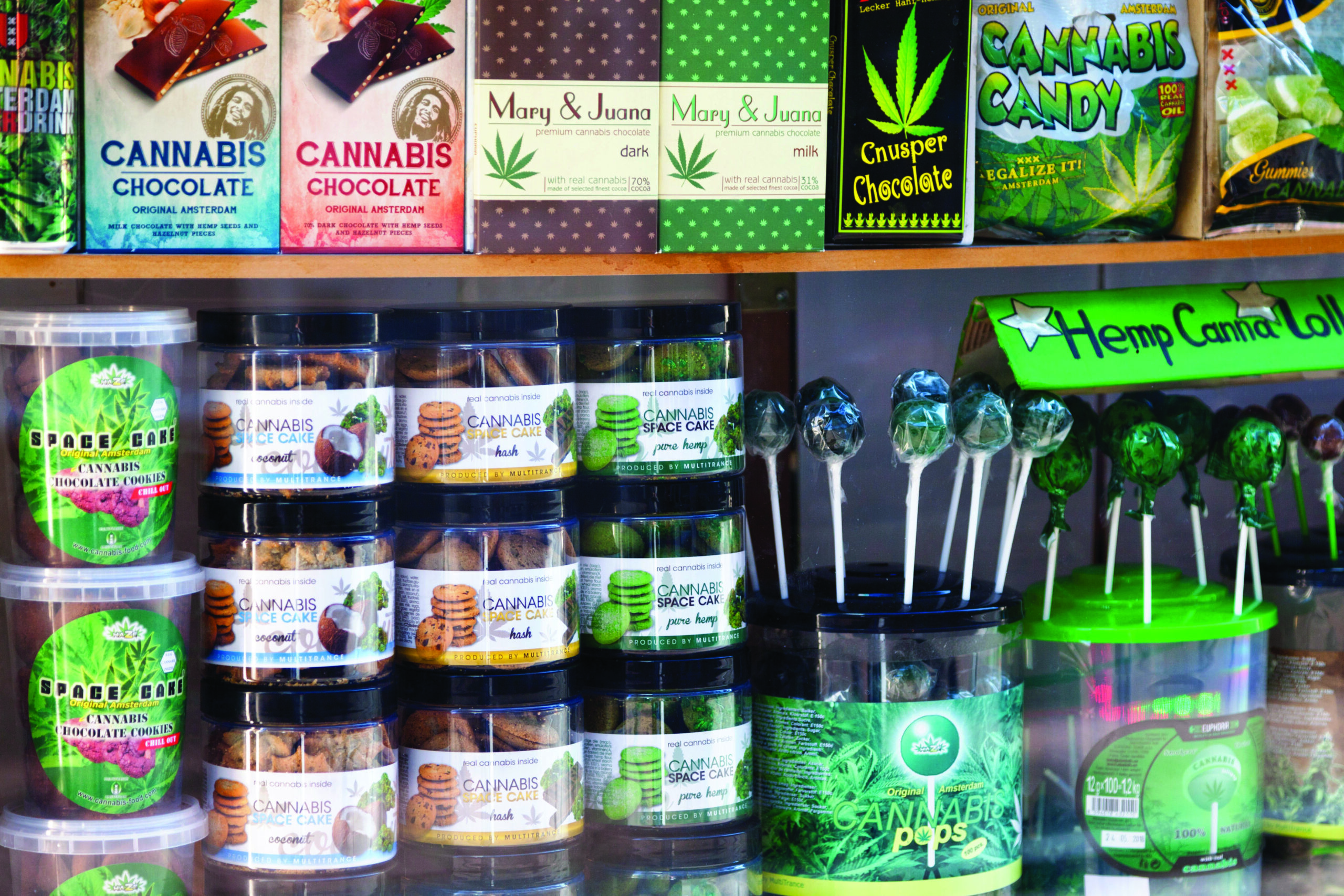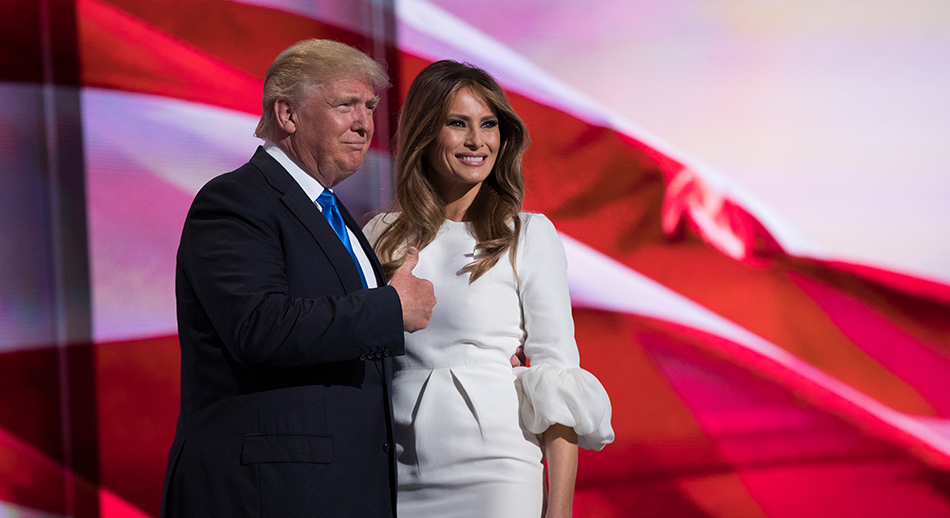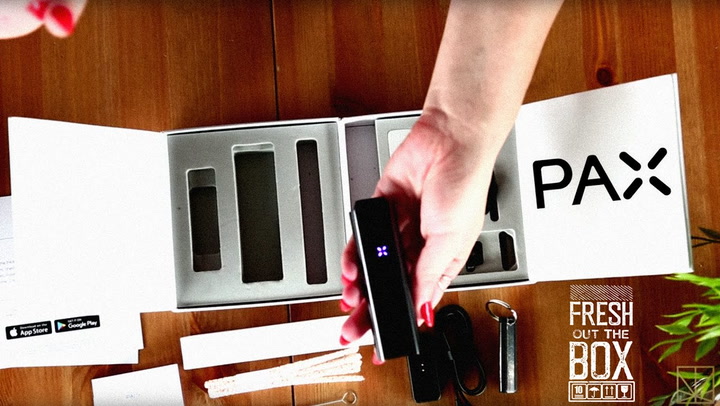Image via
In the space between illegality and the opening of the state’s commercial cannabis industry, New York has seen the rise of grey market weed bodegas. They’re certainly not permitted by regulations — but they’re also not hotly pursued by law enforcement. So what’s up with these neighborhood businesses?
One characteristic, as identified by a recent profile of the shops in Curbed, is a preponderance of traditional bodega stock — in this case, snacks. Though people are likely hitting up weed bodegas like Vibez, Cloudz, Exotic, Fog, Puff for the greens they hawk, many sell junk food from other countries, or limited editions of the corporate bites you hold dear (Spanish Cheetos shaped like soccer balls, Curbed offered as one example.)
Cartoon murals painted by Queens-based artist Hugus are also common, as are sales schemes in which customers put down cash “for NFTs,” and receive dank in return — a way of skirting laws against commercial cannabis sales.
New Yorkers have also seen the recent proliferation of weed trucks — echoing the appearance of similar motor vehicles in Thailand, where the country is also going through cannabis regulation growing pains. Gray market shops in Los Angeles have also caused regulators simiar headaches.
Many of the entrepreneurs running the New York cannabis stores are hoping to transition into the legal market once New York starts offering up sales licenses. The state has taken the refreshingly unique tactic of granting the first 100 of these four-year permissions to individuals with cannabis-related convictions in New York state on their record.
As of Sunday, the New York Times reported, the state had received about 500 applications for the licenses. 150 licenses are planned to be handed out, with 70 in New York City alone.
But it’s easy to understand the attraction behind opening one’s weed shop now, regulations be damned, once you get into the finances that will be involved in having a licensed shop in New York.
One consultant interviewed in the Curbed piece, Earl McGhee, shared that going legal could cost cannabis businesses 50 to 60 percent of their total investment due to factors like licensing and security and safety requirements.
In February, a flurry of cease-and-desist letters from the New York State Office of Cannabis Management put the weed bodegas’ future in doubt. The memos stated that the shops were eligible for criminal charges if they didn’t close their doors immediately.
Thanks to recent cannabis decriminalization measures enacted to stop racially-biased drug war policing, the sale of three ounces of weed or less is currently an offense that costs a $250 fine.
A bill sponsored by State Senator Diane Savino to explicitly close loopholes that currently give businesses room to “knowingly and unlawfully selling, transferring, gifting or trading cannabis without appropriate license” was introduced in March. It has yet to make it out of committee.
“They can dress themselves up and rent a storefront; it doesn’t make them any different than the guy who delivers weed to your house,” Savino said of her proposed legislation.
But given the proliferation of the weed bodega, it would appear that many New Yorkers are cool with that.











